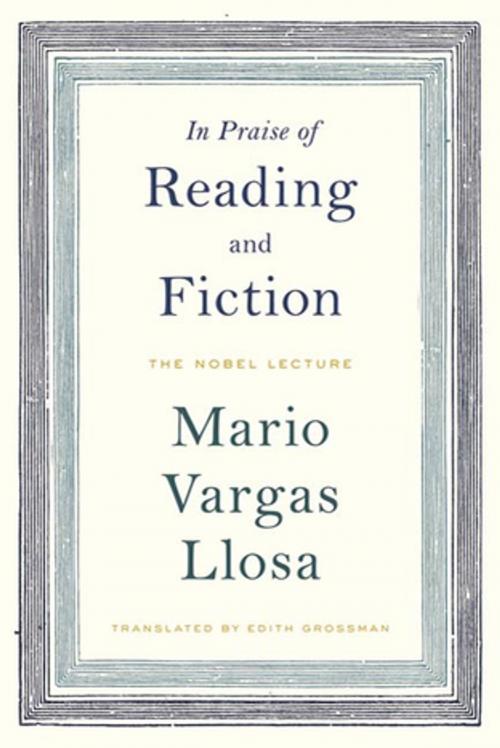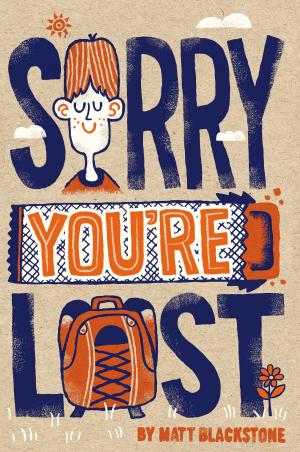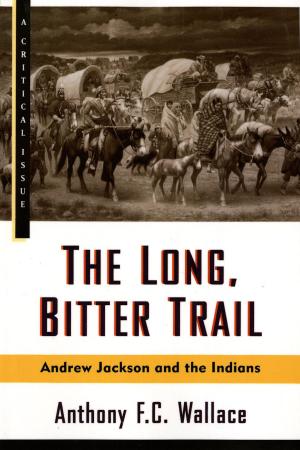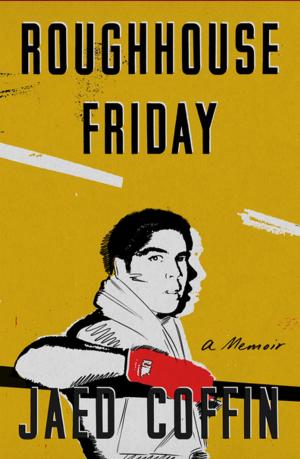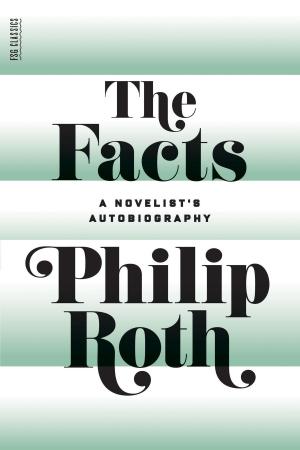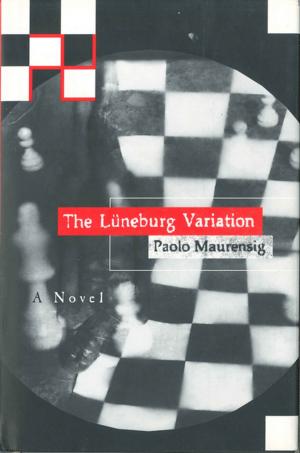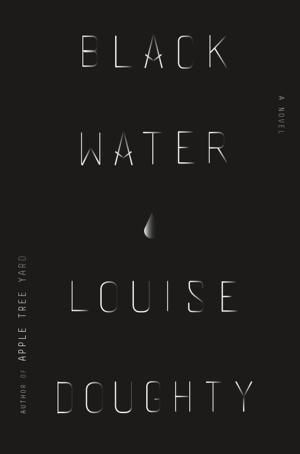In Praise of Reading and Fiction
The Nobel Lecture
Fiction & Literature, Literary Theory & Criticism, Books & Reading| Author: | Mario Vargas Llosa | ISBN: | 9781429930789 |
| Publisher: | Farrar, Straus and Giroux | Publication: | April 12, 2011 |
| Imprint: | Farrar, Straus and Giroux | Language: | English |
| Author: | Mario Vargas Llosa |
| ISBN: | 9781429930789 |
| Publisher: | Farrar, Straus and Giroux |
| Publication: | April 12, 2011 |
| Imprint: | Farrar, Straus and Giroux |
| Language: | English |
On December 7, 2010, Mario Vargas Llosa was awarded the Nobel Prize in Literature. His Nobel lLecture is a resounding tribute to fiction's power to inspire readers to greater ambition, to dissent, and to political action. "We would be worse than we are without the good books we have read, more conformist, not as restless, more submissive, and the critical spirit, the engine of progress, would not even exist," Vargas Llosa writes. "Like writing, reading is a protest against the insufficiencies of life. When we look in fiction for what is missing in life, we are saying, with no need to say it or even to know it, that life as it is does not satisfy our thirst for the absolute—the foundation of the human condition—and should be better." Vargas Llosa's lecture is a powerful argument for the necessity of literature in our lives today. For, as he eloquently writes, "literature not only submerges us in the dream of beauty and happiness but alerts us to every kind of oppression."
On December 7, 2010, Mario Vargas Llosa was awarded the Nobel Prize in Literature. His Nobel lLecture is a resounding tribute to fiction's power to inspire readers to greater ambition, to dissent, and to political action. "We would be worse than we are without the good books we have read, more conformist, not as restless, more submissive, and the critical spirit, the engine of progress, would not even exist," Vargas Llosa writes. "Like writing, reading is a protest against the insufficiencies of life. When we look in fiction for what is missing in life, we are saying, with no need to say it or even to know it, that life as it is does not satisfy our thirst for the absolute—the foundation of the human condition—and should be better." Vargas Llosa's lecture is a powerful argument for the necessity of literature in our lives today. For, as he eloquently writes, "literature not only submerges us in the dream of beauty and happiness but alerts us to every kind of oppression."
